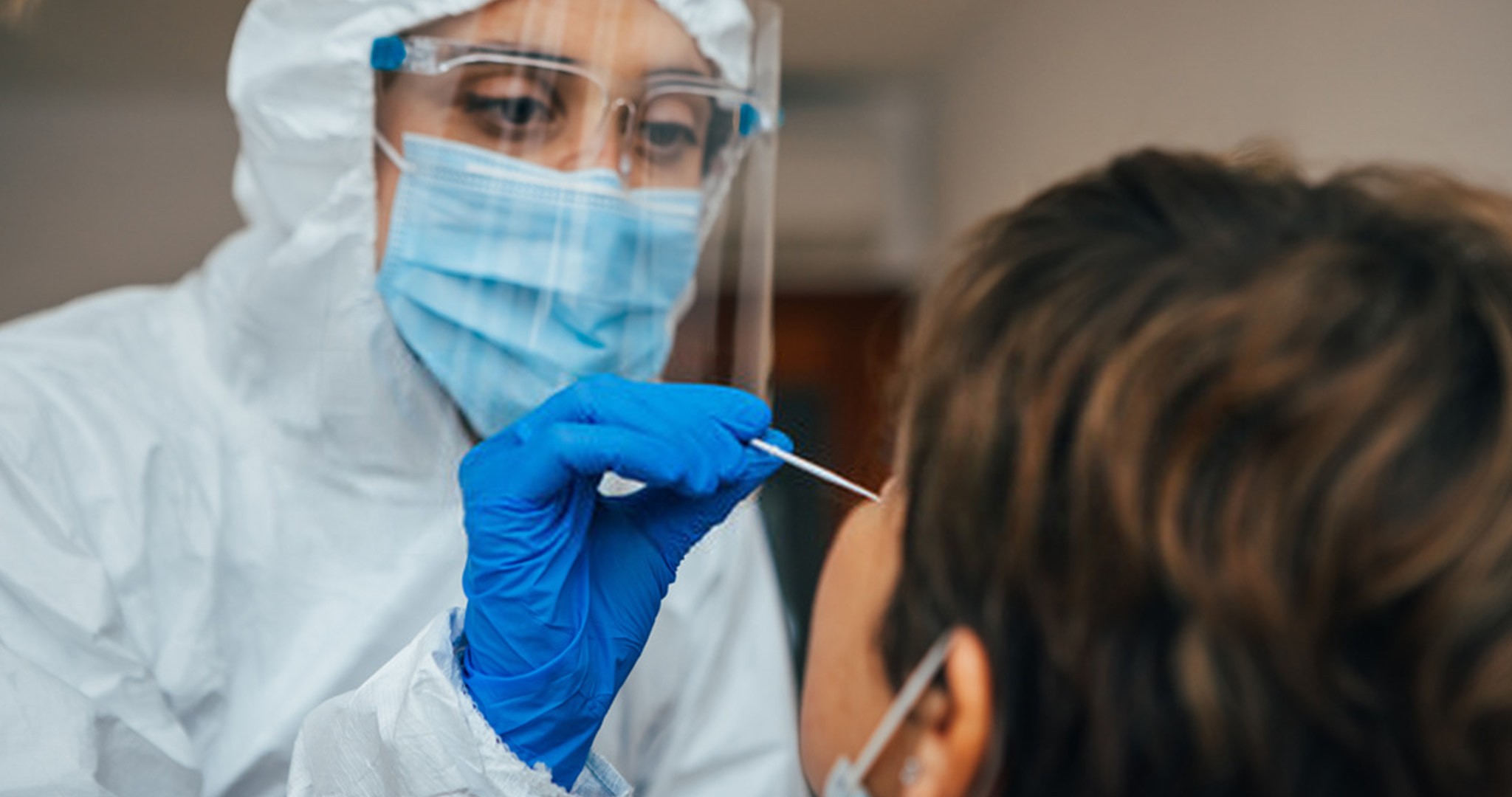QFI Jacquelin Lizbeth Galicia Solórzano
In the face of the health emergency derived from the COVID-19 pandemic caused by the SARS-CoV-2 virus, the Federal Commission for the Protection against Sanitary Risks (COFEPRIS), which is in charge of protecting the population against health risks, has issued as part of the actions to address said emergency a statement on Extraordinary Measures in Relation to Clinical Studies in the face of the COVID-19 Pandemic. The objective of this statement is to guarantee the safety of the research subjects involved in the clinical studies and their continuity in the face of the contingency in our country.
The communication issued by COFEPRIS through its official website focuses on the implementation of a Risk Mitigation Plan to the research subjects, this must be in charge of the national owners of the clinical study and for each authorized and active clinical protocol. The plan must evaluate alternative security methods for monitoring the investigation, contemplate the preventive measures carried out by the health secretary, such as physical distancing, confinement, hand hygiene, the use of face masks and glasses; and at all times respect Good Clinical Practices and the basic ethical principles of human research: autonomy, justice and beneficence.
Within the communication of the extraordinary measures in relation to clinical studies in the face of the health emergency, examples are mentioned that are illustrative but not limiting, since they will depend on the need and objectives of each clinical protocol already authorized. What will not depend are the systematic and regulatory aspects, that is, there must be documented control of all the actions that are carried out in the face of the risk for the research subject that may arise due to the health emergency, through new versions of documents previously authorized by COFEPRIS and compliance with established regulatory provisions, such as number 10.3 of NOM-012-SSA3-2012, which establishes the criteria for the execution of research projects for human health. humans,
- The amendments must be submitted to the Comprehensive Service Center (CIS) of COFEPRIS, located at Oklahoma 14, Colonia Nápoles, Benito Juárez City Hall in Mexico City, through the homoclave COFEPRIS-09-012, which continues to be stated in the “Update of the list of priority care homoclaves for the health emergency derived from COVID-19 (as published on 230420)”2 published on April 24, 2020 by the same Commission, also the COFEPRIS-04-010 homoclave (Request of Authorization of Research Protocols in Human Beings) in its modalities A, B, C and D. To make the entry it is not necessary to schedule an appointment a previous business day, it is entered during the working hours of the CIS through shifts provided on the same day. the amendment
- It will be attended according to first entries, first exits; You can also assist the CIS to collect resolutions of the aforementioned homoclaves.
- Deviations in the conduct of the protocol that arise due to this emergency must be notified together with the Risk Mitigation Plan in the respective partial or final report of the protocol.
It is important to mention that these provisions will remain in force only for the duration of the health emergency derived from the COVID-19 pandemic.
Based on the above, active clinical studies will continue in the national territory, taking into consideration the recommendations issued by the Ministry of Health and under the health surveillance communicated by COFEPRIS to safeguard the integrity of the research subjects. involved in clinical studies, which are highly relevant and have an impact on society due to their contribution to improving the quality of life of people with diseases.
LINKS:




